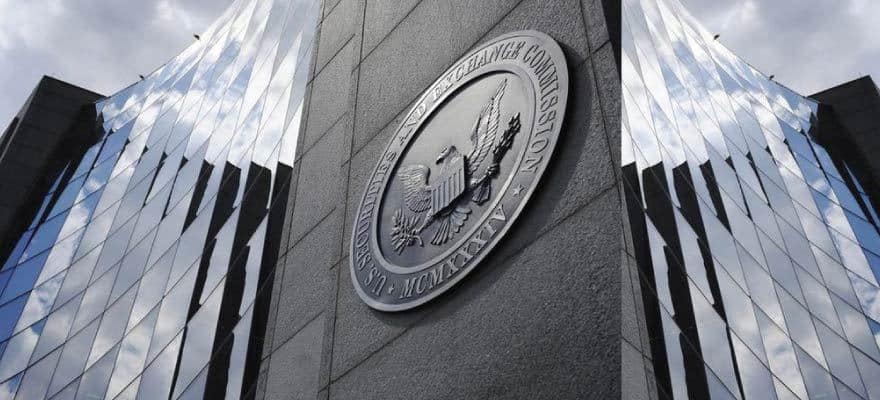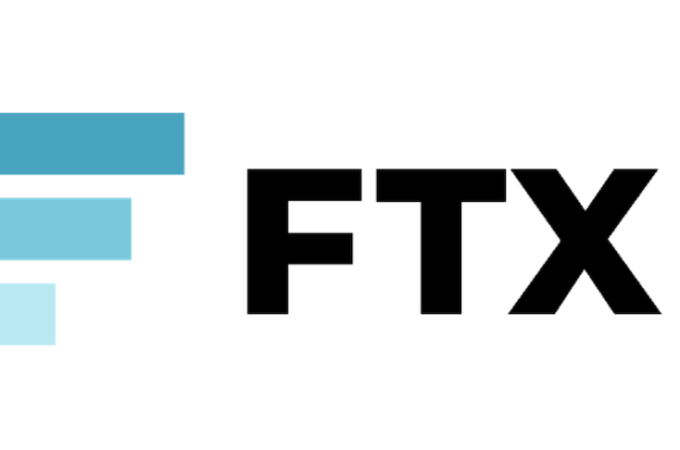
Fintech Trending: Making Fintech Great Again?
By David Penn for Finovate Blog
For fintech followers, one of the most interesting things about President-elect Donald Trump is the fact that his most prominent Silicon Valley supporter was and is Peter Thiel, the self-described “conservative libertarian” co-founder of Finovate alum, PayPal.
Good evening. I’m Peter Thiel. I build companies and I’m supporting people who are building new things, from social networks to rocket ships. I’m not a politician. But neither is Donald Trump. He is a builder, and it’s time to rebuild America.
Pictured: PayPal co-founder Peter Thiel addressing delegates at the Republican National Convention in the summer of 2016.
Where I work in Silicon Valley, it’s hard to see where America has gone wrong. My industry has made a lot of progress in computers and in software, and, of course, it’s made a lot of money. But Silicon Valley is a small place. Drive out to Sacramento, or even just across the bridge to Oakland, and you won’t see the same prosperity.
Thiel’s relationship with Trump has only intensified since the election. The PayPal co-founder has joined the President-elect’s transition team and is rumored to be under consideration for a position within the administration. That said, for better or worse, fintech probably will not be a focus of the Trump administration – Thiel support notwithstanding.
“Better or worse” is the question on everyone’s mind. For some, the comparisons between a Trump victory and the Brexit vote in the U.K. suggested a near-term, “wait-and-see” pullback in fintech investment. For others a Trump administration would mean labor shortages and potential brain drain as a stricter immigration policy worked its way through the workforce. Note that Trump’s nominee for attorney general, Alabama senator Jeff Sessions, has supported legislation that would reduce the number of H-1B visas by more than 20%. And now that we know that the Trump presidency will be accompanied by a Republican Senate and House of Representatives, broader regulatory changes – reform or repeal of Dodd-Frank, the return of Glass-Steagall – are also poised to present challenges for fintechs across the industry.
So which fintechs seem best positioned to take advantage of the kind of policy changes we can expect from a Trump administration? Lenders in general and alternative lenders like student loan facilitators are among the most likely winners. From increases in interest rates to regulatory relief to renewed competition from the private sector, the landscape for lenders is the one most likely to change based on policies that are most likely to be enacted. Writing for S&P Global Market Intelligence, Eric Turner explains:
With already strong brands and copious amounts of borrower data, digital lenders in this space could see an increase in originations if the federal government exits the student loan business. While these lenders have historically focused on refinancing student debt, largely because of the inability to compete with government rates and guarantees, the door may now be open to a broader array of products including direct origination.
Turner cites SoFi’s decision to leave the direct market for MBA student loans and the company’s ill-fated return to and re-exit from that market, as the kind of opportunity that alternative lenders may circle back to. He notes that the Republican platform for 2016 reads: “the federal government should not be in the business of originating student loans.”

Pictured: “The United States Senate, A.D. 1850” by Peter F. Rothermel
The outlook is less certain for other aspects of fintech. How would digital payments companies fare in a world with a weakened – or nonexistent – Consumer Financial Protection Bureau (CFPB)? Changes in the fiduciary responsibility of investment advisors might have presented a challenge for some roboadvisors (and an opportunity for some technologists) were we facing a Clinton administration. But with Trump – and advisors like Anthony Scaramucci – a move in the opposite direction, if anything, seems more likely.
If lenders have something to look forward to over the next four years, are there areas of fintech with something to lose? A broader concern is that the Republican opposition to “net neutrality” could change the incentive structure around open source development in a way that could hurt innovation. Writing in American Banker, John Adams saw the potential of a significant impact from a shift in policy away from the “open internet.”
The stakes are particularly high for fintech firms, a large portion of which rely on open-source development or technology toolkits that decentralize innovation, allowing businesses to become payment companies with minimal coding. A significant amount of money has already poured into this market, notably PayPal’s transformative $800 million acquisition of Braintree, the development platform used by Uber, Airbnb, OpenTable and TaskRabbit.
In other words — without an open internet, there would be no Uber.
This goes beyond the kind of “Technophobe in Chief” remark from the wits at GeekWire, and worries over the Trump’s feud with Amazon’s Jeff Bezos. Instead it reminds us that any changes Washington brings to fintech will have as much to do with Republican control of Congress (and, barring an epic filibuster fight, a sympathetic Supreme Court, as well) as they do with having Donald Trump in the White House. Even without a specific agenda for fintech, the policies long sought by the GOP are more likely to have an effect on the opportunities for alt lenders, the responsibilities of roboadvisors, and the environment for open development and innovation, than the policies of the President-elect.
First appeared at Finovate Blog





